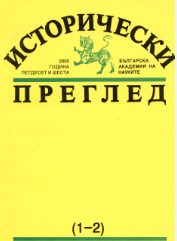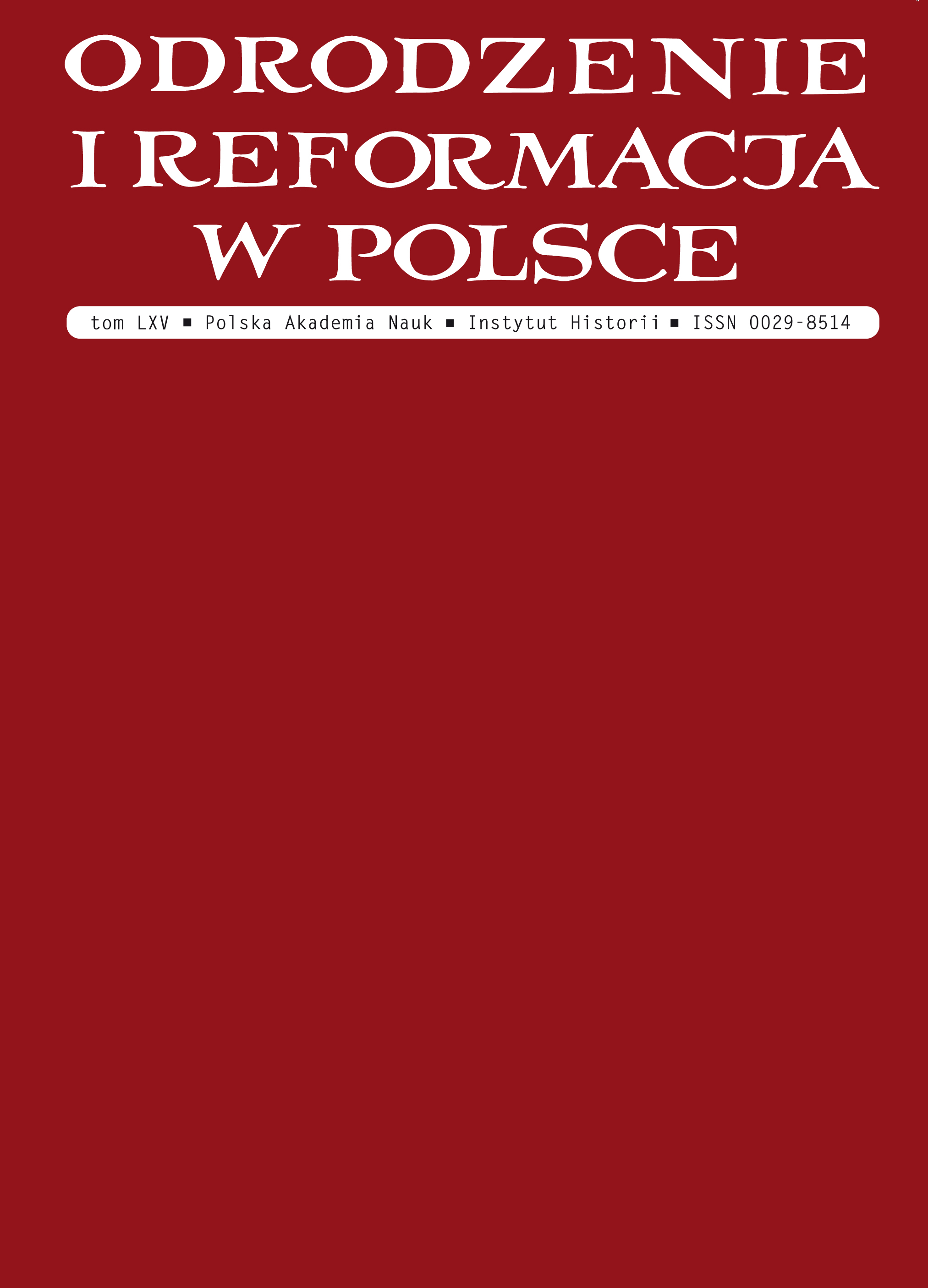
We kindly inform you that, as long as the subject affiliation of our 300.000+ articles is in progress, you might get unsufficient or no results on your third level or second level search. In this case, please broaden your search criteria.

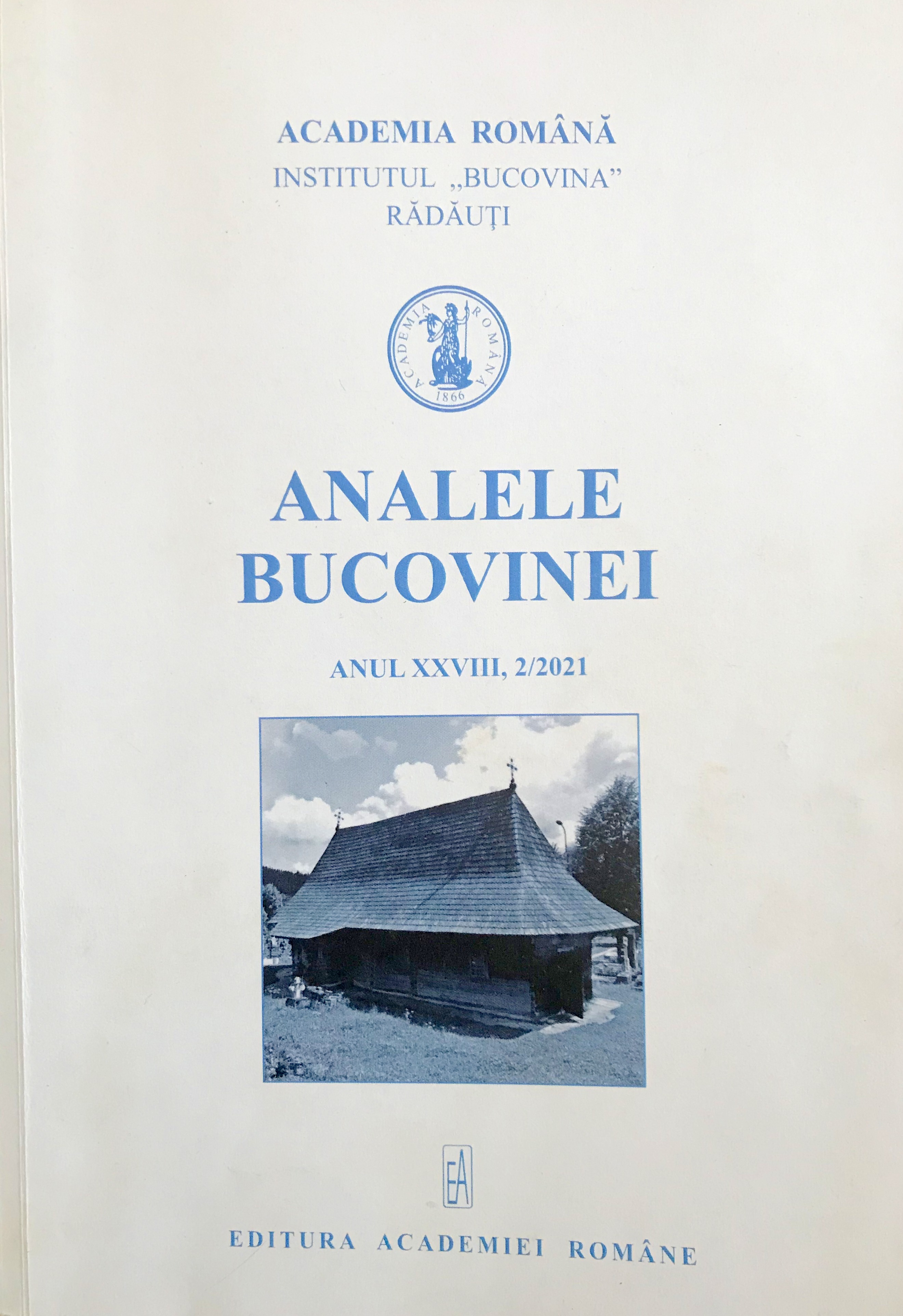
A personality of cultural-national and political life in Bukovina, Iorgu G. Toma was born on January 16, 1871, in Vama, Câmpulung County, in the family of Gavril Toma, mayor of Vama, and Ana Lupașcu. After graduating from primary school at Vama, he attended the Greek-Orthodox High School in Suceava (1882–1891) and then the Faculty of Law of the University of Chernivtsi (1891–1896). He had several jobs: judge, court adviser at the Court in Rădăuți, member and secretary of the Court of Suceava, adviser to the Court of Appeal in Chernivtsi. Iorgu G. Toma became involved in cultural-national and social activities, campaigning for the rights of Romanians in Bukovina. After the outbreak of the First World War, Iorgu G. Toma fled to Romania supporting propaganda activity in order to enter Romania into the war with the Entente Powers, whose victory could have guaranteed the realization of the Romanians’ national aspirations. In the spring of 1919, Iorgu G. Toma returned to Bukovina and became involved its political life. He was several times deputy in the Romanian Parliament, contributing to the law-making procedures intended to unify and integrate the province into the Romanian space. As an intellectual born in a rural environment, Iorgu G. Toma also contributed to the cultural and material development of his native town. He passed away in Câmpulung Moldovenesc on January 13, 1935. Today, one of the six sights in the village of Vama is the villa where Iorgu G. Toma used to live, which is named after him and transformed into an ethnographic museum. The secondary school “Iorgu G. Toma” in Vama also bears his name.
More...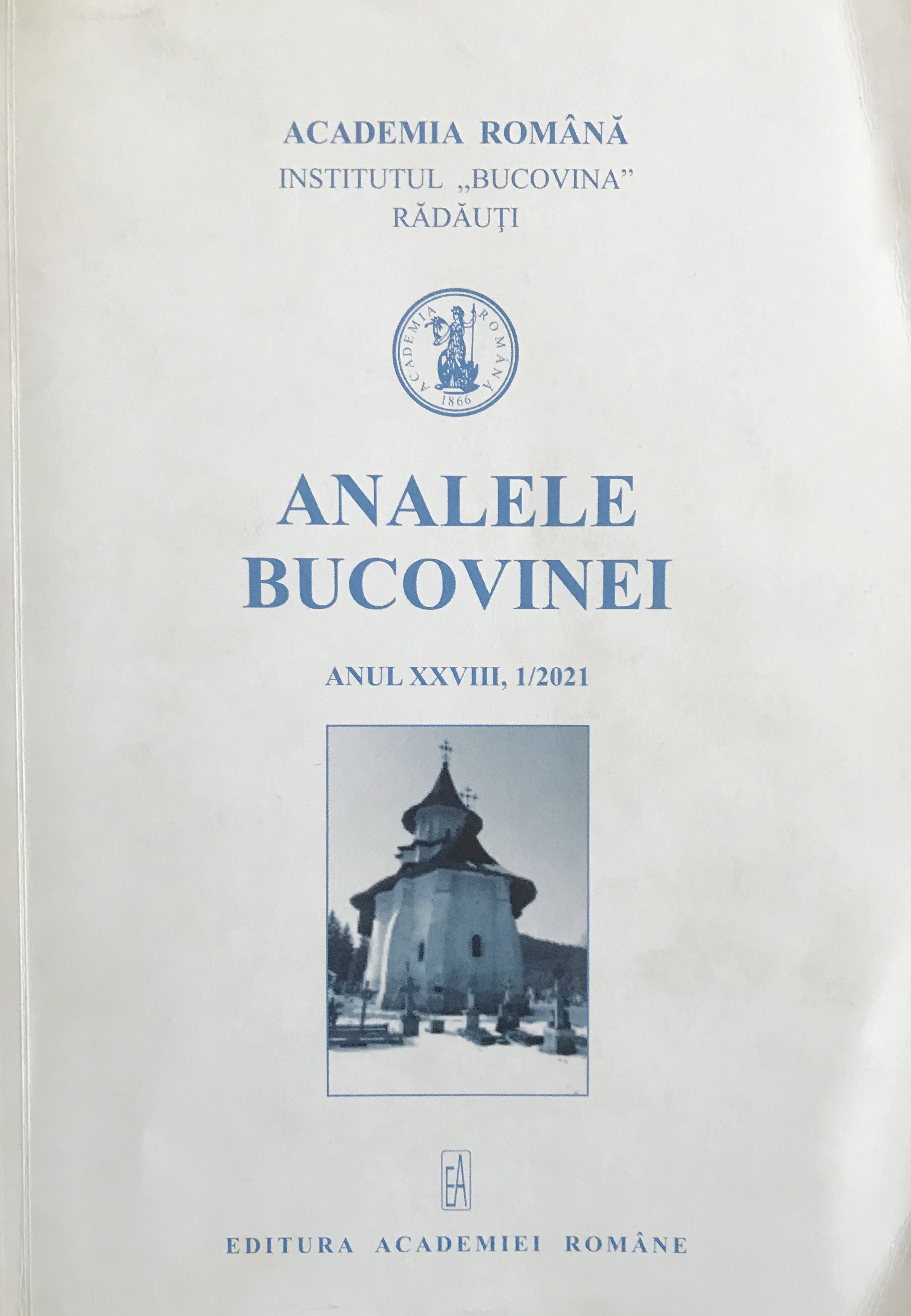
Reviews of: Vasile I. Schipor, Bucovina de lângă noi. Viața științifică, literară și artistică la început de mileniu, vol I–II, Iași, Editura Tipo Moldova, 2019, 900 p. + 633 p/ Dan Prisăcaru, Petre Otu, Marius Iorgulescu (coordonatori), Contribuția Armatei Române și a elitelor la apărarea și recunoașterea internațională a Marii Uniri (1918–1920), București, Editura Militară, 2020, 581 p./ Cornel Ungureanu, Mitteleuropa periferiilor, ediția a 2-a, revăzută și adăugită, Timișoara, Editura „Brumar”, MMXVIII, 424 p./ „«Mesager bucovinean». Revistă de cultură pentru bucovinenii de pretutindeni”, Cernăuți – București – Rădăuți – Chișinău, serie nouă, anul XVII, nr. 1–2 (65–66), 2020, 128 p./ „«Bucovina literară». Revistă a Societății Scriitorilor Bucovineni”, Suceava, serie nouă, anul XXXI, nr. 1–2–3 (347–348–349), ianuarie – februarie – martie 2020, 126 p.; 4–5–6 (350–351–352), aprilie – mai – iunie 2020, 126 p.; 7–8–9 (353–354–355), iulie – august – septembrie 2020, 126 p.; 10–11–12, octombrie – noiembrie – decembrie 2020, 126 p.
More...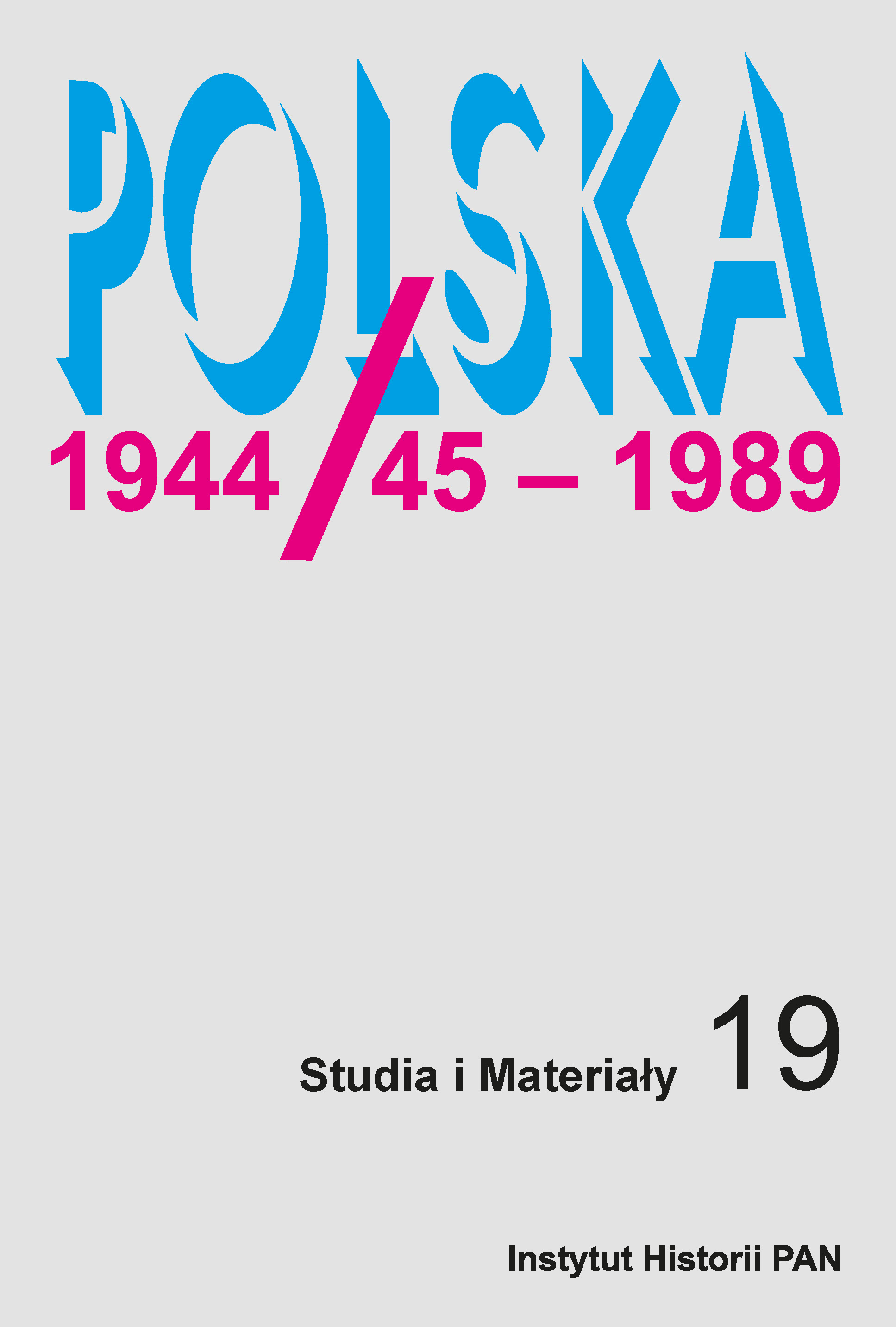
In this review article, the author presents the subject content of the three-volume publication of sources entitled Mord w lesie katyńskim (Murder in the Katyn Forest), which is the result of the work of the Ray Madden Committee appointed by the US Congress. The publication was competently prepared by Witold Wasilewski.
More...
The article analyses the book Wygnaniec. 21 scen z życia Zygmunta Baumana (An Exile. 21 Scenes from the Life of Zygmunt Bauman) by Artur Domosławski through the prism of historical (factual) narration and problem perspectives proposed by Domosławski. In this first aspect, the main point of reference is made by two other recently published biographies of Zygmunt Bauman – by Dariusz Rosiak and Izabela Wagner. The latter deals primarily with the metaphor of sacrifice as a key to reading Bauman’s life. The author of the review article also proposes reflecting on the problem of the intellectual originality of the Polish sociologist.
More...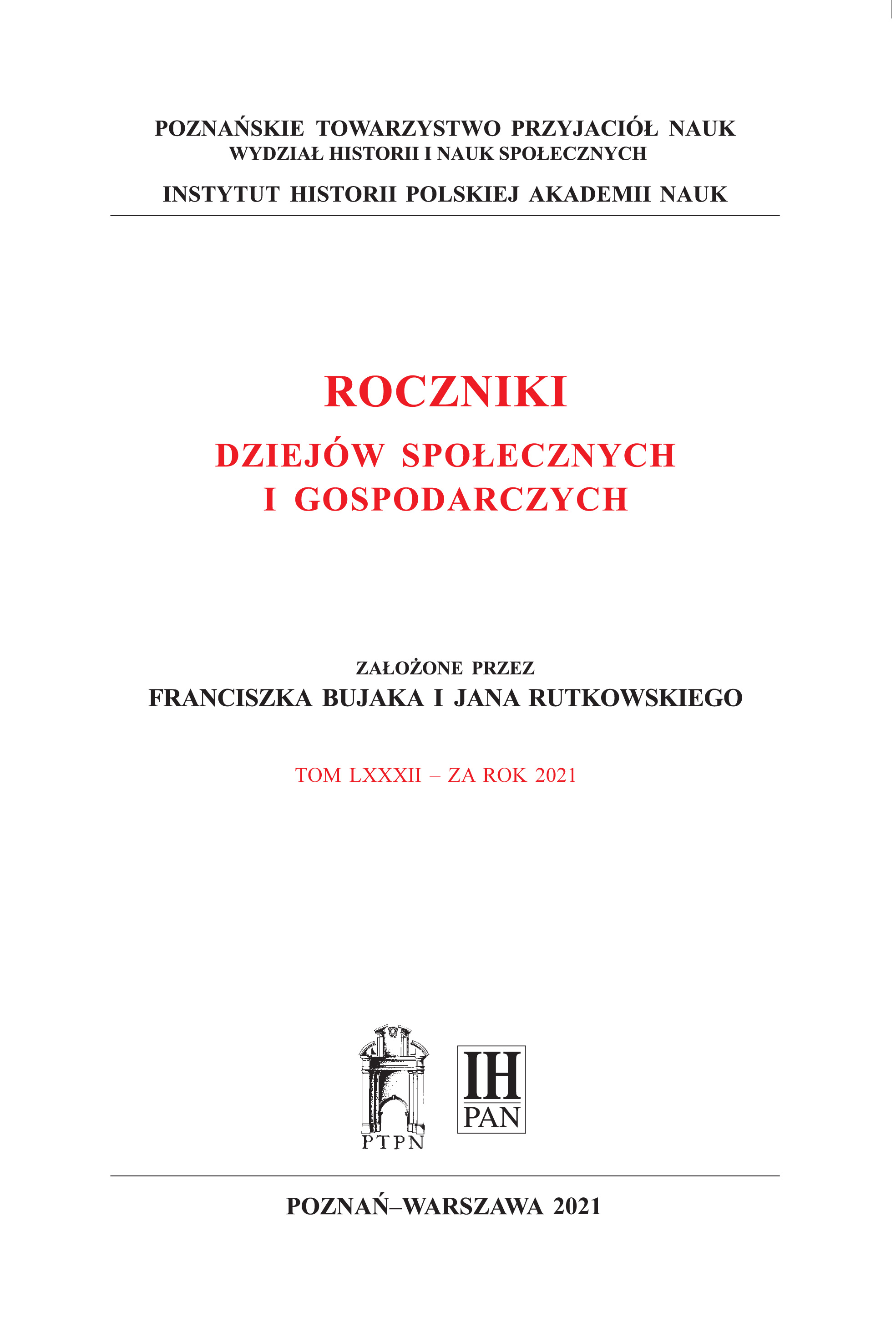
The article discusses the pitfalls awaiting researchers of social topography in the analysis of data sourced from late medieval and early modern municipal records. It is divided into three sections which concern, respectively, the urban space, sociotopographic analyses, and issues connected to migration. Apart from discussing the pitfalls themselves, the paper also proposes how to avoid them and presents some thus far ignored research opportunities.
More...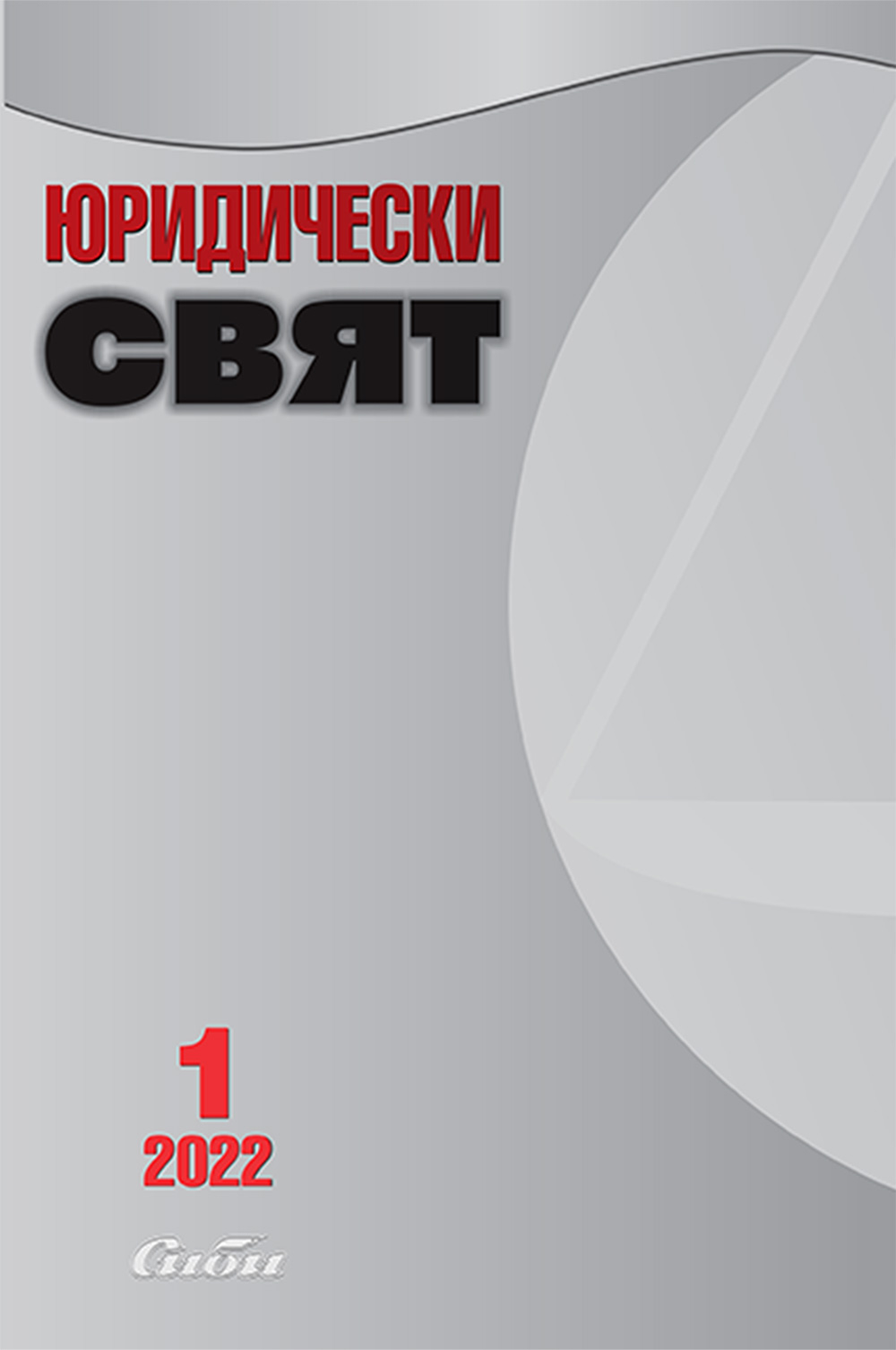
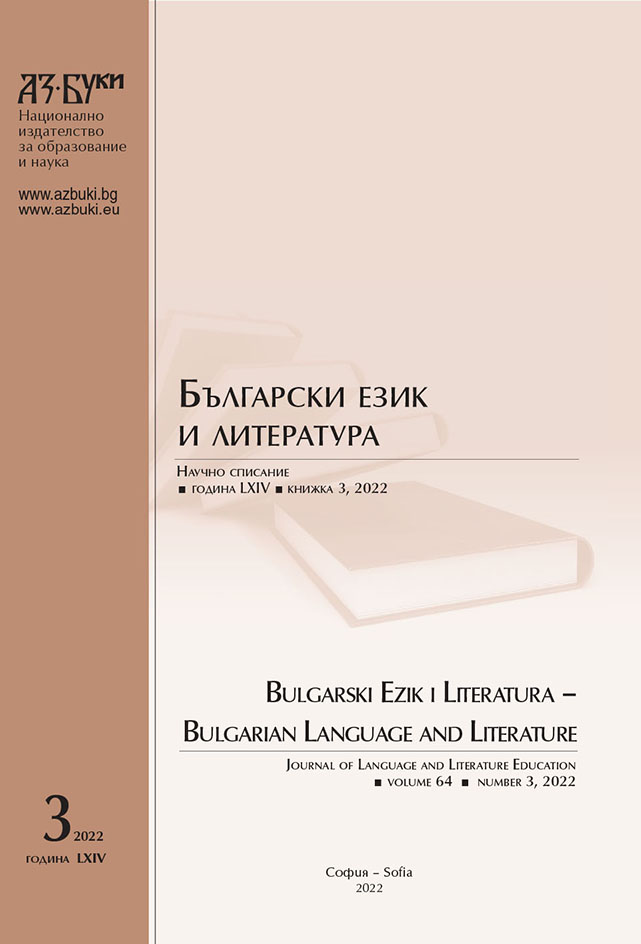
The study highlights the stylistic features of Bulgarian prose from the 20th century. Basic views on stylistics are presented as a bridge between linguistics and literary studies. Basic types of context are described. Two more complete features of style stand out - modal and argumentative. The individual stylistic means of the artists are derived and are related to the specific historical context and the respective aesthetics.
More...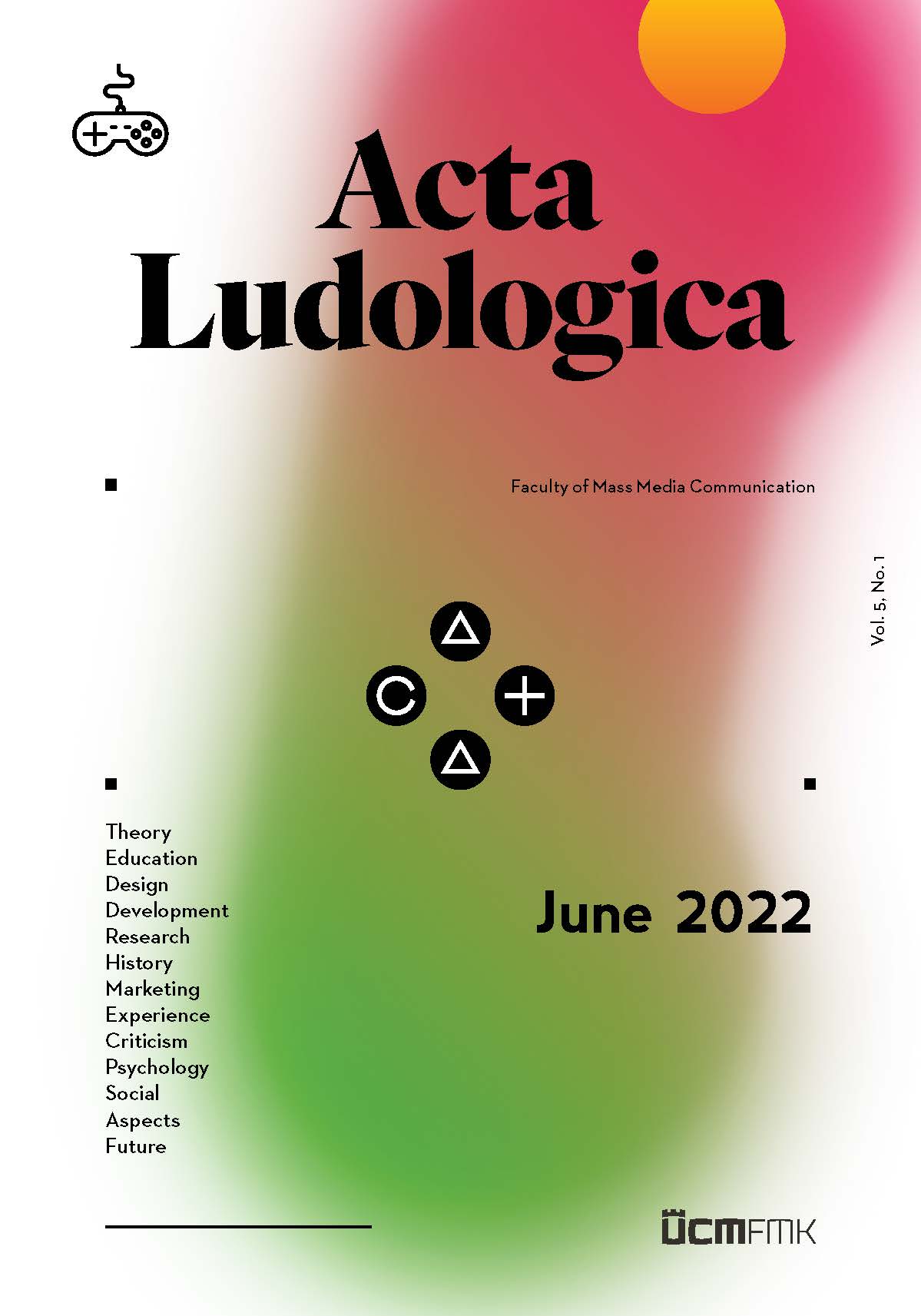
Review of: CARTER, M.: Treacherous Play. London, Cambridge, MA : The MIT Press, 2022. 141 p. ISBN 978-0-262-046312.
More...
Review of: CAPCOM: Resident Evil Village (PlayStation 4 version). [digital game]. Osaka : Capcom, 2021.
More...
Review of: PETTINI, S.: The Translation of Realia and Irrealia in Game Localization: Culture-Specificity between Realism and Fictionality. London, New York, NY : Routledge, 2022. 231 p. ISBN 978-0-367-43232-4.
More...
Since 2001, Cortana has originally been a fictional non-playable character (NPC) appearing in Microsoft’s game series flagship, Halo1, specifically in games in which Master Chief is the main protagonist, and considered one of the most important parts of the entire franchise storyline.
More...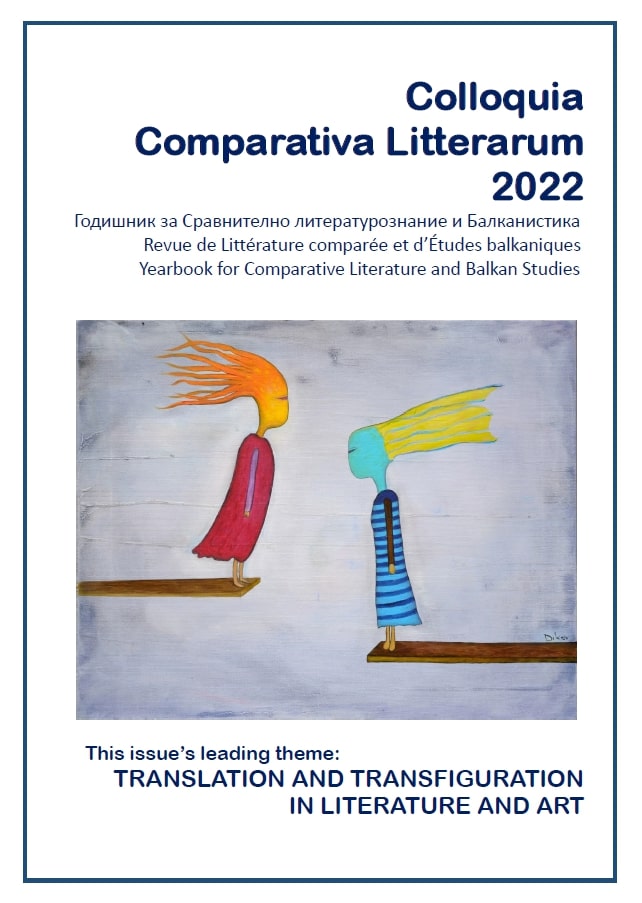
Book review: Bulgarian Literature as World Literature. Edited by Mihaela P. Harper and Dimitar Kambourov. Bloomsbury Academic, 2020.
More...
Book review: Doncheva, Gergana. The Thessaloniki Film Festival. History, Challenges, and Metamorphoses. BAS, 2021, 437 s. ISBN: 978-619-7179-19-4
More...
Book Review: Cities in the Balkans: Spaces, Faces, Memories. Roumiana Il. Preshlenova – editor. Sofia, Institute of Balkan Studies & Centre of Thracology, Bulgarian Academy of Sciences, ISBN: 978-619-7179-20-0, https://balkanstudies.bg/images/Cities_in_the_Balkans.pdf Institute of Balkan Studies & Centre of Thracology
More...
Book review: Magdalena Kostova-Panayotova. Along Literature’s Sutures (between East and West – Borders and Identities). Blagoevgrad. Neophite Rilski University Press, 2021.
More...
Book review: Art Is Love. Selected Pages from Jordan Zaimov’s Personal Archives. Foreword and compilation by Raia Zaimova. Sofia, Gutenberg, 2021, 144 p.
More...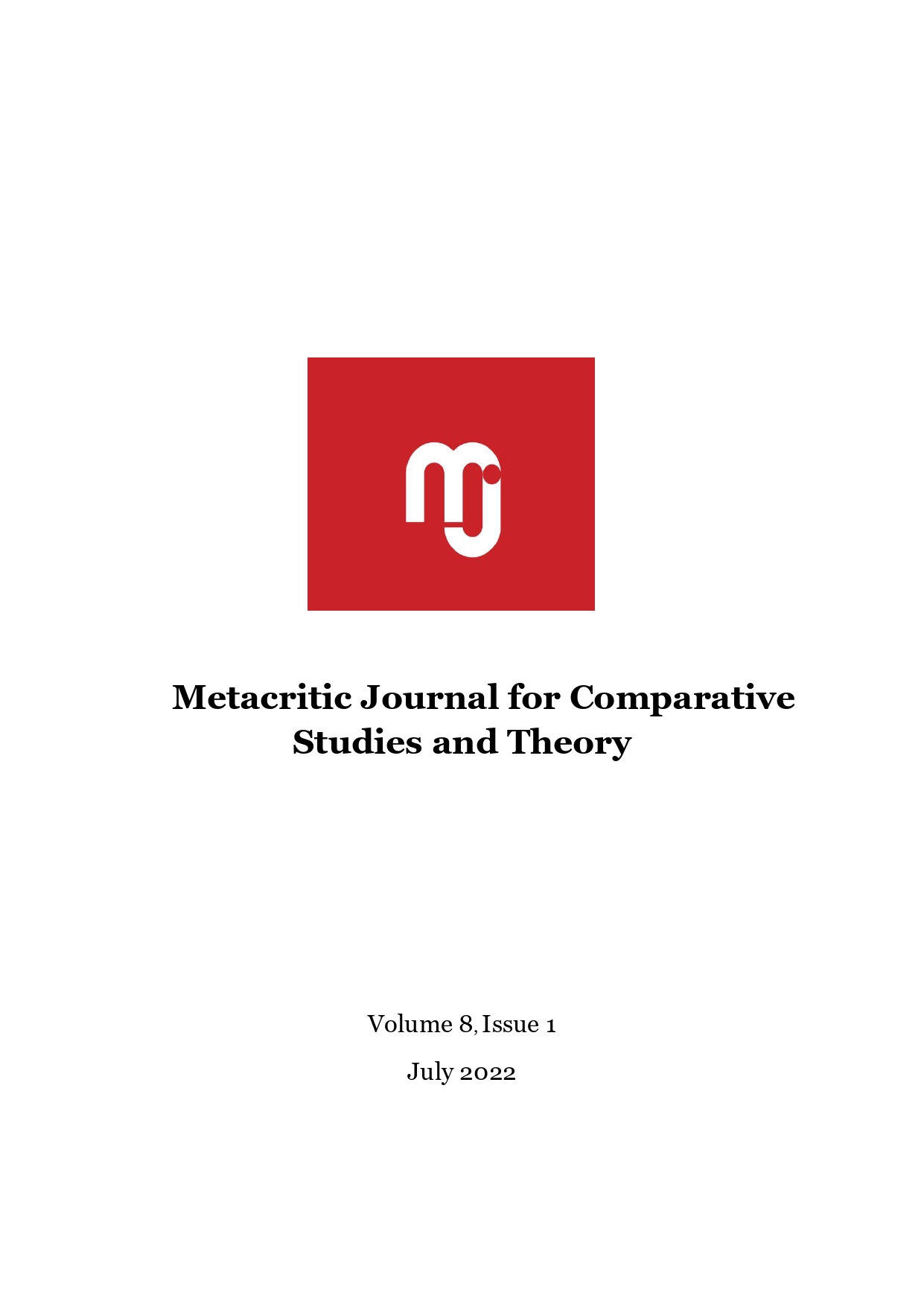
Review of: Ștefan Baghiu, Ovio Olaru, Andrei Terian (eds.), Beyond the Iron Curtain. Revisiting the Literary System of Communist Romania, Peter Lang, 2022, ISBN: 978-3-631- 87107-2, 273 p.
More...